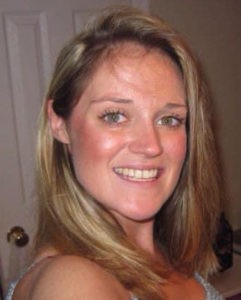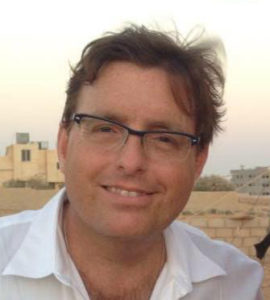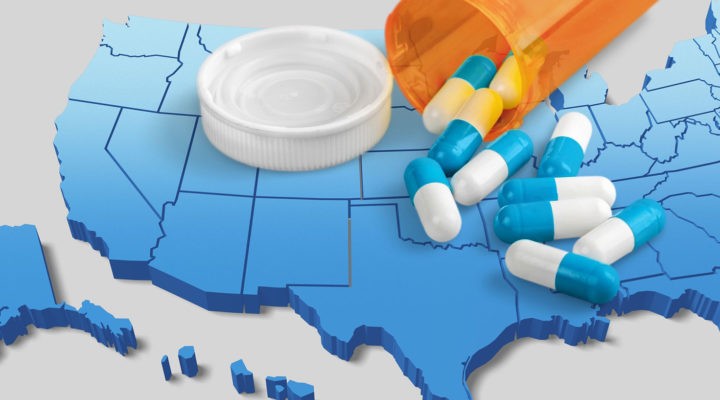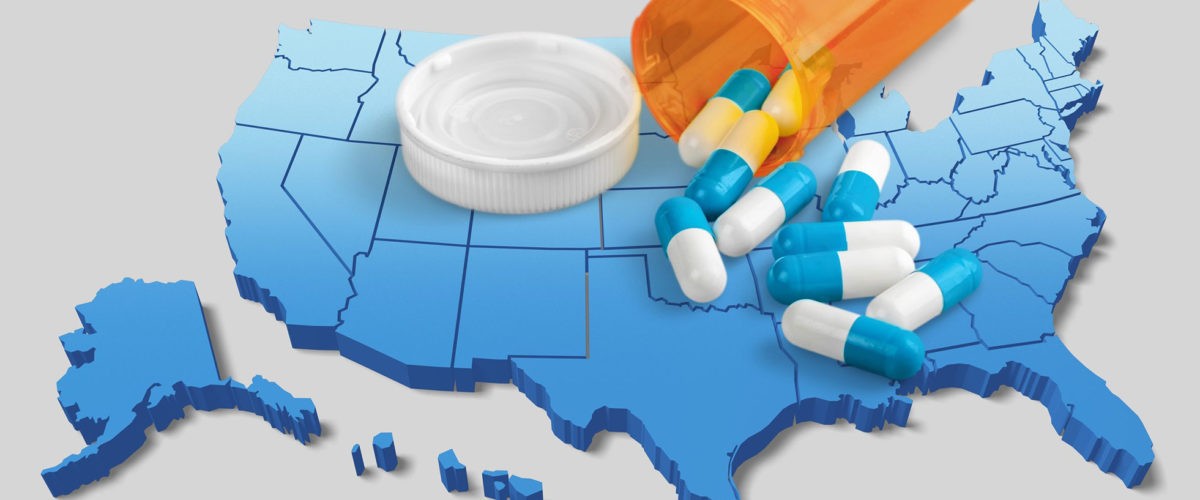The thing about judgment is that it is often silent. But the person being judged knows exactly what is happening when it is happening.
It’s that smirk, frown, snarky comment or (from my personal experience as a Baptist missionary kid) that pithy Scripture that seems almost designed for judgment.
For an addict, the silent judgment goes to the next level with actual verbal berating and disparagement. That happens because society allows this abuse. Most people don’t think twice about calling someone a “junkie,” “druggie,” “dopehead” or worse. Sadly, those moments often come when an addict is seeking help from the very people who swore an oath to “first do no harm.”

Cassie
Cassie was one such addict. Like way too many young people in America today, Cassie was another tragic statistic in a country losing the youngest and brightest to an opioid overdose. I have lost two such young friends in the past six months.
Why does this continue to happen in a country with so many potential resources to help avoid it? I will tell you why: silent judgement. Those who don’t suffer drug addiction don’t truly consider the addict worthy of help. They are losers who should just stop using.
Sometimes people of faith are the worst offenders. When did we become such an angry, judgmental nation unwilling to feel deeply empathetic for the struggling youth around us?
Those who knew Cassie best describe her as a champion of the underdog. She was smart, compassionate and hard-working. Her story is sadly similar to so many others. A painful surgery led to using highly addictive opioids prescribed by a well-meaning doctor.
One of Cassie’s best friends, Will Treakle, commented: “Cassie is tough and tender in equal measure. She could handle herself in any situation fearlessly, but I would sometimes marvel at what would wound her. She never failed to treat me with a kindness and compassion that defined our relationship.”
Perhaps the wounding came from silent judges who saw Cassie as not worthwhile. I’m sure they contributed to her spiral into darkness and ultimately death.
“Perhaps the wounding came from silent judges who saw Cassie as not worthwhile.”
Cassie’s mother, Patricia Godsey, my friend of many years, said of Cassie: “She was a radiology technician — extremely bright and absolutely gorgeous inside and out. She had a surgery where she got MRSA in the bone and multiple surgeries to deal with that. The doctor just wrote prescription after prescription — why did I not see this coming? She eventually lost her license.
“One would think this would make you stop — this is the evilness, sneakiness of the disease. She said it made her feel normal. I used to think she didn’t mean that. She did. I hear it over and over and over from all addicts. The lie it tells them. This evil makes them deceive themselves and others.
“Cassie had plans for tomorrow. She wanted to mend relationships. She didn’t intend to leave. Like so many — they just don’t think it will happen to them.”
Cassie’s addiction wound up hurting the people who loved her most. As a father, I can’t imagine the pain a parent suffers with the loss of a child they spent a lifetime trying to protect. Sadly, the road of an addict is a lonely road and can be truly diverted only through personal choice. I am confident that her parents, grandparents and other family felt helpless and must have had moments where they blamed themselves for not being able to personally change the situation.
But, again, a choice for change could come from only one person, Cassie herself.
To her family, Cassie was more than worthwhile. Perhaps the most upsetting thing for those who lost Cassie is the idea that she wasn’t worthwhile to others — individuals and society at large. Her dad, Billy, said he isn’t angry with God, “but still a little pissed.”
The truth is, whatever your beliefs, we know we are to look after those around us who are hurting and in trouble. Let God do the whole judgment thing.
“It is a lot easier to blame the ‘junkie’ or the person dealing the drugs than it is to take a hard look at the infrastructures that allow it to continue.”
It is a lot easier to blame the “junkie” or the person dealing the drugs than it is to take a hard look at the infrastructures that allow it to continue. Judging the user and dealer doesn’t require anything of us as a society. It is easier to blame the victim than it is to question our religious institutions, the pharmaceutical industry, the medical community, the politicians being lobbied.
Make no mistake, the scale required to bring massive amounts of Fentanyl from China and across the Mexican border requires powerful people who are making tremendous profits off young people like Cassie. And this must be addressed and stopped.
Cassie no longer speaks for the underdog, but she still has a voice. Consider being a vocal advocate for addicts and move away from being the silent judge.
Her friend Will’s last comment was this: “This is not difficult, talking about all the things I loved about Cassie. The hard part will be learning to live without her.”

Craig Martin
Craig Martin is author of the new book Confessions of a Philanthropologist and co-host and producer of the PBS series The Good Road. He lives in Richmond, Va., where he attends River Road Church, Baptist. He also serves on BNG’s board of directors.


